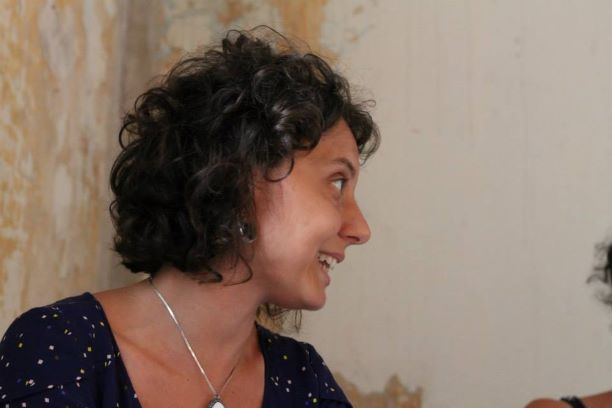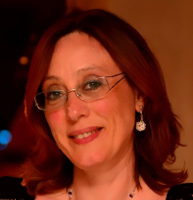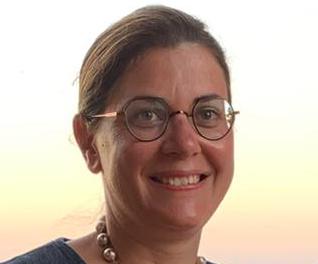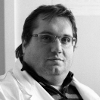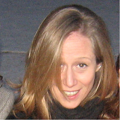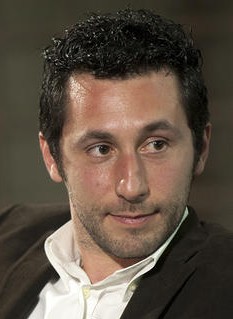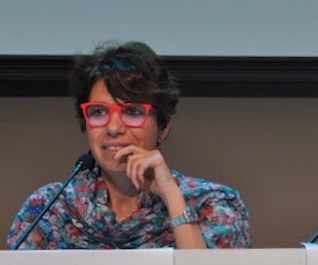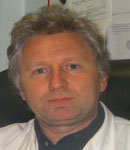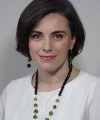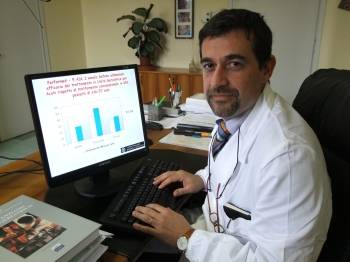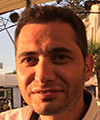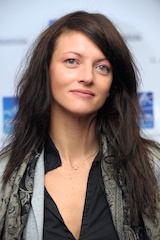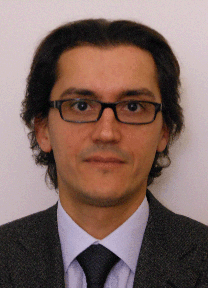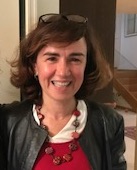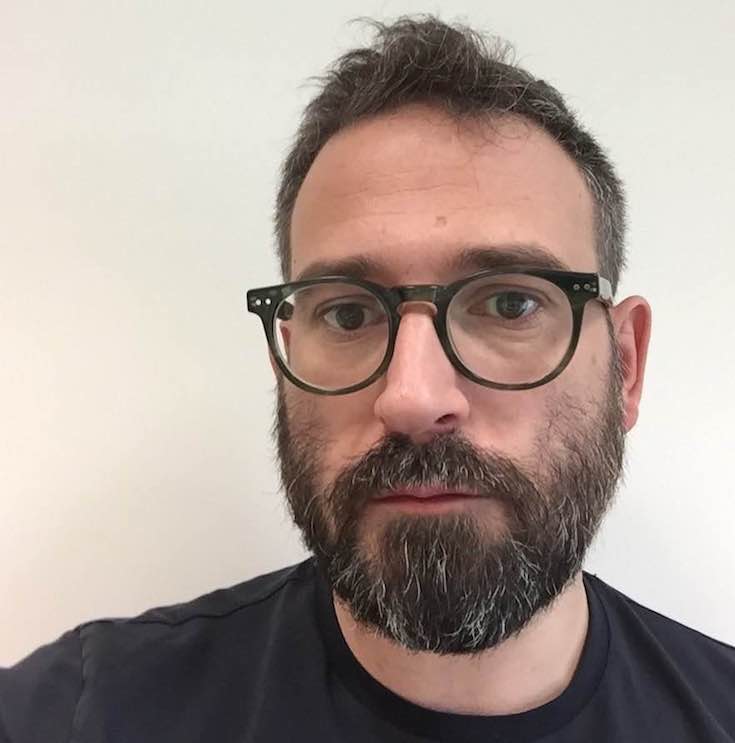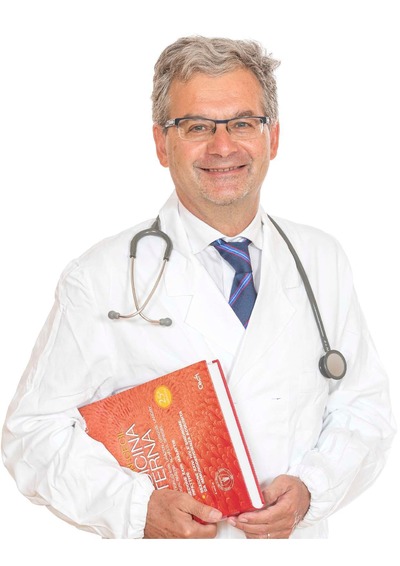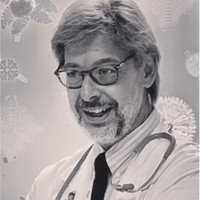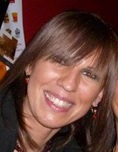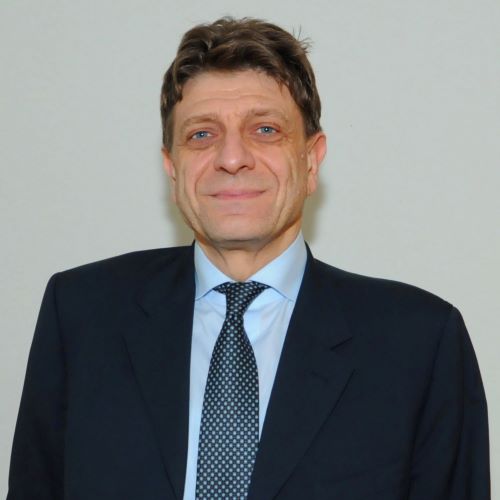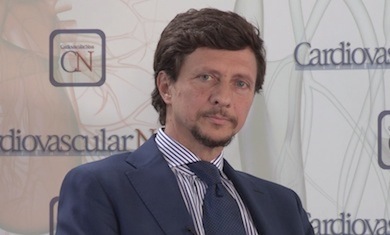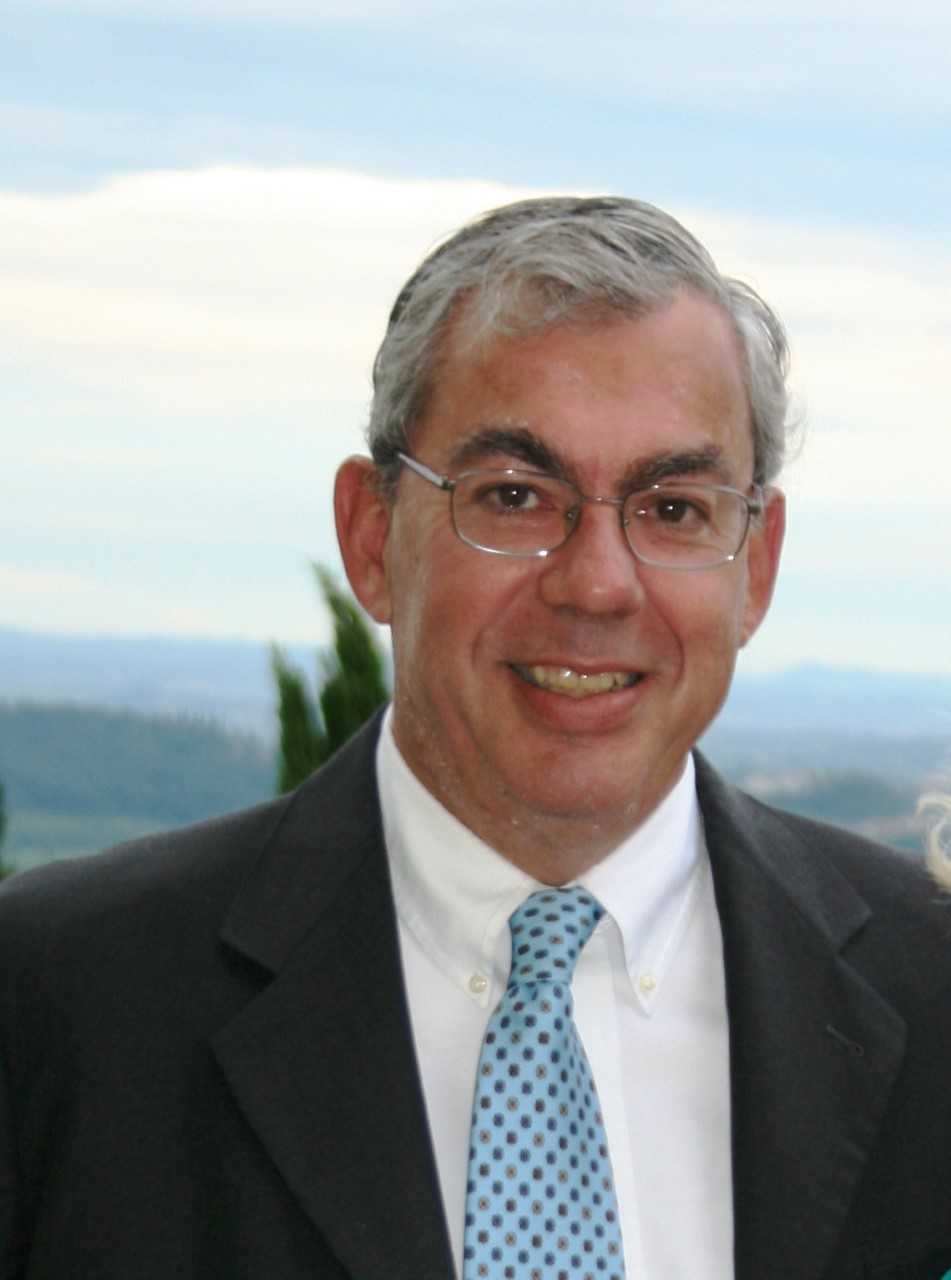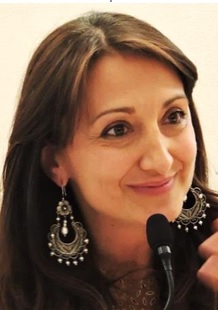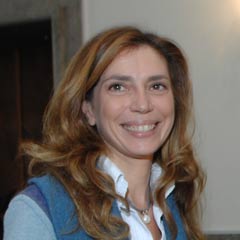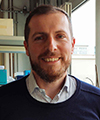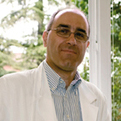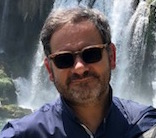Studying at the University of Verona
Here you can find information on the organisational aspects of the Programme, lecture timetables, learning activities and useful contact details for your time at the University, from enrolment to graduation.
Academic calendar
The academic calendar shows the deadlines and scheduled events that are relevant to students, teaching and technical-administrative staff of the University. Public holidays and University closures are also indicated. The academic year normally begins on 1 October each year and ends on 30 September of the following year.
Course calendar
The Academic Calendar sets out the degree programme lecture and exam timetables, as well as the relevant university closure dates..
| Period | From | To |
|---|---|---|
| INF VR - 1° anno 1° sem | Oct 3, 2017 | Dec 21, 2017 |
| INF VR - 2° anno 1° sem | Oct 3, 2017 | Dec 21, 2017 |
| INF VR - 3° anno 1° sem | Oct 18, 2017 | Dec 21, 2017 |
| INF VR - 3° anno 2° sem | Feb 1, 2018 | Mar 28, 2018 |
| INF VR - 1° anno 2° sem | Feb 1, 2018 | Apr 6, 2018 |
| INF VR - 2° anno 2° sem | Apr 16, 2018 | Jun 15, 2018 |
| Session | From | To |
|---|---|---|
| INF VR- sessione invernale 1-3 anno | Jan 8, 2018 | Jan 31, 2018 |
| INF VR- sessione invernale 2 anno | Jan 8, 2018 | Jan 29, 2018 |
| INF VR- sessione estiva 1 anno (1^parte) | Apr 9, 2018 | Apr 20, 2018 |
| INF VR- sessione estiva 2 anno | Jun 25, 2018 | Jul 18, 2018 |
| INF VR- sessione estiva 3 anno | Jul 9, 2018 | Jul 31, 2018 |
| VR- sessione estiva 1 anno (2^parte) | Jul 18, 2018 | Jul 31, 2018 |
| VR- sessione autunnale 1-2-3 anno | Sep 3, 2018 | Sep 28, 2018 |
| Session | From | To |
|---|---|---|
| 1^ SESSIONE | Oct 1, 2018 | Nov 30, 2018 |
| 2^ SESSIONE | Mar 1, 2019 | Apr 30, 2019 |
| Period | From | To |
|---|---|---|
| All Saints Day | Nov 1, 2017 | Nov 1, 2017 |
| Festa Immacolata Concezione | Dec 8, 2017 | Dec 8, 2017 |
| Vacanze natalizie | Dec 22, 2017 | Jan 7, 2018 |
| Easter break | Mar 30, 2018 | Apr 3, 2018 |
| Liberation Day | Apr 25, 2018 | Apr 25, 2018 |
| Patron Saint Day | May 21, 2018 | May 21, 2018 |
| Republic Day | Jun 2, 2018 | Jun 2, 2018 |
| Description | Period | From | To |
|---|---|---|---|
| INF VR 2° anno 1^ esp | INF VR 2° anno 1^ esp | Jan 30, 2018 | Mar 28, 2018 |
| INF VR 3° anno 1^ esp | INF VR 3° anno 1^ esp | Apr 4, 2018 | May 18, 2018 |
| INF VR 1° anno 1^ esp | INF VR 1° anno 1^ esp | Apr 23, 2018 | Feb 1, 2018 |
| INF VR 3° anno 2^ esp | INF VR 3° anno 2^ esp | May 28, 2018 | Jul 6, 2018 |
| INF VR 1° anno 2^ esp | INF VR 1° anno 2^ esp | Jun 11, 2018 | Jul 17, 2018 |
| INF VR 2° anno 2^ esp | INF VR 2° anno 2^ esp | Sep 3, 2018 | Oct 12, 2018 |
| INF VR 3° anno 3^ esp | INF VR 3° anno 3^ esp | Sep 10, 2018 | Oct 19, 2018 |
Exam calendar
Exam dates and rounds are managed by the relevant Medicine Teaching and Student Services Unit.
To view all the exam sessions available, please use the Exam dashboard on ESSE3.
If you forgot your login details or have problems logging in, please contact the relevant IT HelpDesk, or check the login details recovery web page.
Should you have any doubts or questions, please check the Enrollment FAQs
Academic staff
 marialivia.alga@univr.it
marialivia.alga@univr.it
 elisabetta.allegrini@aovr.veneto.it
elisabetta.allegrini@aovr.veneto.it
Arici Cecilia
 cecilia.arici@univr.it
cecilia.arici@univr.it
 + 39 045 812 8266
+ 39 045 812 8266
 michele.bertani@univr.it
michele.bertani@univr.it
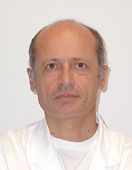
Bisoffi Zeno
 zeno.bisoffi@sacrocuore.it
zeno.bisoffi@sacrocuore.it
 +390456013326
+390456013326
 luisa.bissoli@mail.azosp.vr.it
luisa.bissoli@mail.azosp.vr.it
 federica.bonato@aor.veneto.it
federica.bonato@aor.veneto.it
Cunico Laura
 laura.cunico@univr.it
laura.cunico@univr.it
 0444752922
0444752922
 stefania.danese@univr.it
stefania.danese@univr.it
 francesca.defanti@univr.it
francesca.defanti@univr.it
 stefano.detogni@univr.it
stefano.detogni@univr.it
 jessica.longhini@univr.it
jessica.longhini@univr.it
 045 8122124
045 8122124
 fpecoraro@ospedalepederzoli.it
fpecoraro@ospedalepederzoli.it
 nicola.pelizzari@univr.it
nicola.pelizzari@univr.it
Pighi Michele
 michele.pighi@univr.it
michele.pighi@univr.it
 0458122320
0458122320
 sara.pilotto@univr.it
sara.pilotto@univr.it
 zenogabriele.poli@univr.it
zenogabriele.poli@univr.it
 er.vedovi@virgilio.it
er.vedovi@virgilio.it
 elisabetta.veronese@aovr.veneto.it
elisabetta.veronese@aovr.veneto.it
 liria.veronesi@univr.it
liria.veronesi@univr.it
 tamara.zerman@univr.it
tamara.zerman@univr.it
 lzivelonghi@aulss9.veneto.it
lzivelonghi@aulss9.veneto.it
Study Plan
The Study Plan includes all modules, teaching and learning activities that each student will need to undertake during their time at the University.
Please select your Study Plan based on your enrollment year.
1° Year
| Modules | Credits | TAF | SSD |
|---|
Pathophysiology applied at Nursing
Biomolecular fondamentals of life
Morphological and functional fundamentals of life
General and methodological nursing
Health and safety promotion
English for Nursing
Clinical practice (1st year)
2° Year activated in the A.Y. 2018/2019
| Modules | Credits | TAF | SSD |
|---|
Application of diagnostic and therapeutic processes
Chronic clinical nursing care
Clinical nursing care in surgical area
Clinical nursing care in medical area
Relationship in nursing care
Clinical practice (2nd year)
3° Year activated in the A.Y. 2019/2020
| Modules | Credits | TAF | SSD |
|---|
Maternal and paediatric nursing care
Critical nursing care
Evidence based nursing
Health organizations and care processes
Legal, bioethic and deontological principles of professional practice
| Modules | Credits | TAF | SSD |
|---|
Pathophysiology applied at Nursing
Biomolecular fondamentals of life
Morphological and functional fundamentals of life
General and methodological nursing
Health and safety promotion
English for Nursing
Clinical practice (1st year)
| Modules | Credits | TAF | SSD |
|---|
Application of diagnostic and therapeutic processes
Chronic clinical nursing care
Clinical nursing care in surgical area
Clinical nursing care in medical area
Relationship in nursing care
Clinical practice (2nd year)
| Modules | Credits | TAF | SSD |
|---|
Maternal and paediatric nursing care
Critical nursing care
Evidence based nursing
Health organizations and care processes
Legal, bioethic and deontological principles of professional practice
Legend | Type of training activity (TTA)
TAF (Type of Educational Activity) All courses and activities are classified into different types of educational activities, indicated by a letter.
Community nursing [Matricole dispari] (2019/2020)
The teaching is organized as follows:
Learning outcomes
The course introduces the student to the understanding on how the community in its various declinations addresses health and social needs.
The learning outcome are:
-to know the contribution of the psychosocial sciences in the understanding of the changing dynamics both in groups and in the family
-to understand the development of working groups
-to understand how decision-making processes, occur in groups
-to analyze how society deal with patients with psychiatric disorder
-to develop community care intervention taking into account the peculiarities of community care setting
Program
The course introduces the student to the understanding on how the community in its various declinations addresses health and social needs.
The learning outcome are:
-to know the contribution of the psychosocial sciences in the understanding of the changing dynamics both in groups and in the family
-to understand the development of working groups
-to understand how decision-making processes, occur in groups
-to analyze how society deal with patients with psychiatric disorder
-to develop community care intervention taking into account the peculiarities of community care setting
Bibliography
| Author | Title | Publishing house | Year | ISBN | Notes |
|---|---|---|---|---|---|
| Tatarelli R. | Manuale di psichiatria e salute mentale per le lauree sanitarie | Piccin Editore, Padova | 2009 | ||
| Giuseppina Speltini | Stare in Gruppo | Il Mulino | 2011 | ||
| Saiani L., Brugnolli A. | Trattato di cure infermieristiche | Idelson Gnocchi, Napoli | 2020 | ||
| Tatarelli Roberto | Manuale di psichiatria e salute mentale per le lauree sanitarie | Piccin | 2009 | ||
| P. Di Nicola | Famiglia: sostantivo plurale | 2008 | capitolo 6 "Famiglia e reti di prossimità: la relazione di cura tra sfera privata e sfera pubblica" (pp. 113-131) | ||
| Di Nicola P. | “Il ruolo delle reti sociali primarie nel controllo della malattia e protezione della salute”, in Donati P. (a cura di), Manuale di sociologia sanitaria, | La Nuova Italia Scientifica | 1987 | Capitolo 10 (pp. 153-166) | |
| Caiazzo A., CoisE. | Il supporto sociale, I determinanti delle diseguaglianze di salute in Italia | E&P | 2004 | pp. 57-63 http://www.epidemiologiaeprevenzione.it/materiali/ARCHIVIO_PDF/Suppl/2004/EP_V28I3S.pdf | |
| Neil J. Smelser | Manuale di sociologia (Edizione 5) | il Mulino | 2011 | 9788815232502 | capitolo 13 "La famiglia" (pp.239-258) |
Examination Methods
Multiple-choice test
Career prospects
Module/Programme news
News for students
There you will find information, resources and services useful during your time at the University (Student’s exam record, your study plan on ESSE3, Distance Learning courses, university email account, office forms, administrative procedures, etc.). You can log into MyUnivr with your GIA login details: only in this way will you be able to receive notification of all the notices from your teachers and your secretariat via email and soon also via the Univr app.
Gestione carriere
Guida ai programmi degli insegnamenti
Guida ai programmi degli insegnamenti
Documents
| Title | Info File |
|---|---|
|
|
pdf, it, 1594 KB, 12/12/22 |
|
|
pdf, it, 1310 KB, 02/09/21 |
Orario lezioni
Si pubblicano gli orari delle lezioni relativi al 2° semestre A.A. 2023/2024
Gli orari potrebbero subire alcune modifiche, pertanto si consiglia di consultare l'orario delle lezioni giornalmente nell‘area riservata MyUnivr e/o ORARIO LEZIONI.
Documents
| Title | Info File |
|---|---|
|
|
pdf, it, 126 KB, 06/03/24 |
|
|
pdf, it, 128 KB, 09/02/24 |
|
|
pdf, it, 120 KB, 18/03/24 |
|
|
pdf, it, 122 KB, 18/03/24 |
|
|
pdf, it, 125 KB, 20/03/24 |
|
|
octet-stream, it, 32 KB, 04/04/24 |
Graduation
Documents
| Title | Info File |
|---|---|
|
|
pdf, it, 242 KB, 19/01/24 |
|
|
pdf, it, 80 KB, 06/04/24 |
|
|
pdf, it, 43 KB, 06/04/24 |
|
|
pdf, it, 44 KB, 09/04/24 |
|
|
pdf, it, 148 KB, 06/04/24 |
|
|
pdf, it, 108 KB, 06/04/24 |
|
|
pdf, it, 115 KB, 06/04/24 |
|
|
pdf, it, 1487 KB, 18/02/22 |
|
|
pdf, it, 437 KB, 22/03/24 |
|
|
pdf, it, 957 KB, 22/03/24 |
|
|
pdf, it, 424 KB, 19/01/24 |
List of theses and work experience proposals
| theses proposals | Research area |
|---|---|
| Progetto WITHSTAND- Supportare la resilienza negli eventi avversi in sanità | The Human Mind and Its Complexity: Cognitive science, psychology, linguistics, philosophy of mind - Clinical and health psychology |
Tirocinio professionalizzante
Finalità del Tirocinio
Le attività di tirocinio sono finalizzate a far acquisire allo studente competenze specifiche previste dal profilo professionale. Per conseguire tali finalità formative, si possono attivare convenzioni con strutture, che rispondano ai requisiti di idoneità per attività, dotazione di servizi e strutture.
I 60 crediti minimi riservati al tirocinio sono da intendersi come impegno complessivo necessario allo studente per raggiungere le competenze professionali “core” previste dal rispettivo profilo professionale.
Il tirocinio professionale comprende:
- sessioni tutoriali che preparano lo studente all’esperienza;
- esercitazioni e simulazioni in cui si sviluppano le abilità tecniche, relazionali e metodologiche in situazione protetta prima o durante la sperimentazione nei contesti reali;
- esperienze dirette sul campo con supervisione;
- sessioni tutoriali e feedback costanti;
- compiti didattici, elaborati e approfondimenti scritti specifici e mandati di studio guidato.
La valutazione delle competenze acquisite in tirocinio.
Le esperienze di tirocinio devono essere progettate, valutate e documentate nel percorso dello studente. Durante ogni esperienza di tirocinio lo studente riceve valutazioni formative sui suoi progressi sia attraverso colloqui e schede di valutazione.
Al termine di ciascun anno di corso viene effettuata una valutazione sommativa (certificativa) per accertare i livelli raggiunti dallo studente nello sviluppo delle competenze professionali attese. La valutazione viene effettuata da una Commissione presieduta dal Coordinatore della Didattica Professionale (CDP), e composta da almeno un docente e da un Tutor professionale. Tale valutazione è la sintesi delle valutazioni formative, via via, documentate durante l’anno di corso, il profitto raggiunto negli elaborati scritti e le performance delle abilità tecniche assistenziali e relazionali dimostrate all’esame di tirocinio che può essere realizzato con esami simulati, colloqui, prove scritte applicative.
L’esame annuale di tirocinio prevede un unico appello per anno accademico, salvo particolari situazioni per le quali la commissione didattica potrà concedere un appello straordinario.
La valutazione sommativa del tirocinio sarà espressa e registrata nella carriera in trentesimi in base al livello di raggiungimento degli obiettivi. Le modalità di registrazione del voto di profitto sono:
- “assente” pre-iscritto che non ha frequentato alcuna esperienza di tirocinio;
- “ritirato” sospensione durante il tirocinio per problemi di salute, gravidanza o per motivazioni personali;
- “insufficiente” non raggiungimento del livello atteso negli obiettivi formativi (anche se lo studente ha sospeso la frequenza al tirocinio o non sostenuto l’esame finale).
Prerequisiti di accesso al tirocinio.
Il Coordinatore della Didattica Professionale (CDP), ammette alla frequenza dell’esperienza di tirocinio previsto per l’anno di corso, gli studenti che hanno frequentato regolarmente:
- le attività teoriche, in particolare gli insegnamenti delle discipline professionali dell’anno in corso e dell’anno precedente
- laboratori professionali ritenuti propedeutici al tirocinio
Ulteriori dettagli sono disciplinati dal Regolamento del corso di studio
Per maggiori informazioni consultare la pagina del servizio
Documents
| Title | Info File |
|---|---|
|
|
pdf, it, 343 KB, 16/11/23 |
Attività Seminariali/a scelta dello studente
Attività Seminariali/a scelta dello studente
Documents
| Title | Info File |
|---|---|
|
|
pdf, it, 121 KB, 12/10/23 |
|
|
pdf, it, 344 KB, 12/10/23 |
|
|
octet-stream, it, 39 KB, 07/12/22 |
|
|
pdf, it, 703 KB, 10/11/23 |
Guida alle attività formative
Guida alle attività formative
Documents
| Title | Info File |
|---|---|
|
|
pdf, it, 1396 KB, 28/11/23 |
|
|
pdf, it, 1269 KB, 31/10/23 |
|
|
pdf, it, 554 KB, 02/11/23 |
Linee guida per riconoscimento cfu
Lo studente che intende chiedere il riconoscimento di moduli o insegnamenti pregressi dovrà presentare domanda, entro il 30 novembre dell’anno accademico in corso, seguendo le indicazioni indicate al link seguente: https://www.univr.it/it/i-nostri-servizi/segreterie-studenti/gestione-carriere-studenti-medicina-e-chirurgia/riconoscimento-crediti-acquisiti-da-una-carriera-pregressa-medicina
Documents
| Title | Info File |
|---|---|
|
|
pdf, it, 295 KB, 09/11/21 |
Student login and resources
Attività didattiche regime part-time
Modalità di richiesta
La domanda di iscrizione part-time può essere presentata all'inizio di ogni anno accademico e comunque entro il 30 novembre di ogni anno. Entro lo stesso termine, se necessario, lo studente potrà richiedere di tornare al regime full-time. Al link seguente la pagina del servizio https://www.univr.it/it/i-nostri-servizi/segreterie-studenti/flessibilita-nella-frequenza-dei-corsi/possibilita-di-iscrizione-part-time-e-ripristino-full-time
Una volta inviata la domanda, lo studente concorda in via preventiva con il Coordinatore della didattica professionale (CDP), il piano di studi che intende perseguire nel periodo di part-time compilando il modulo in allegato
Documents
| Title | Info File |
|---|---|
|
|
octet-stream, it, 1309 KB, 21/10/22 |
Appelli d'esame
Documents
| Title | Info File |
|---|---|
|
|
pdf, it, 124 KB, 17/04/24 |

